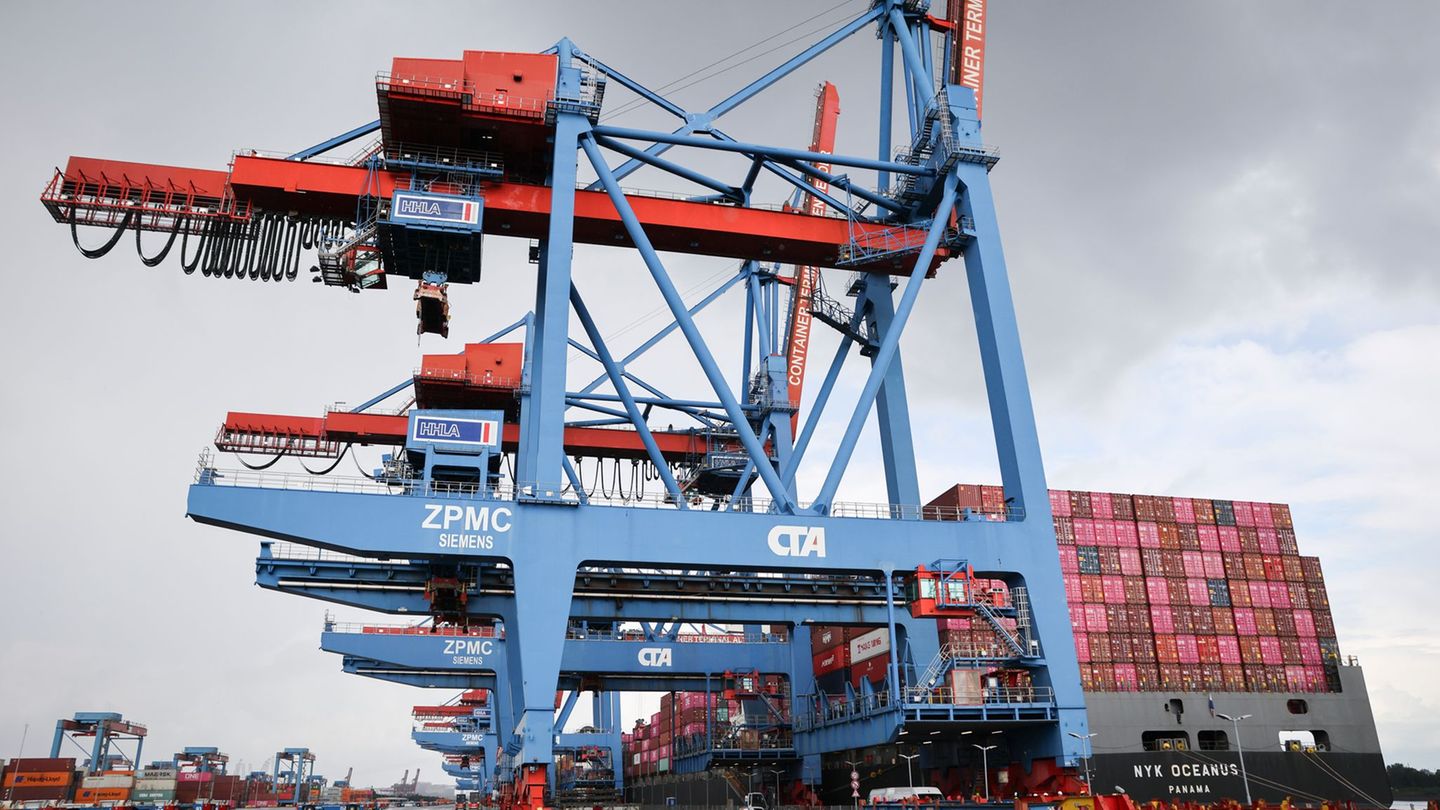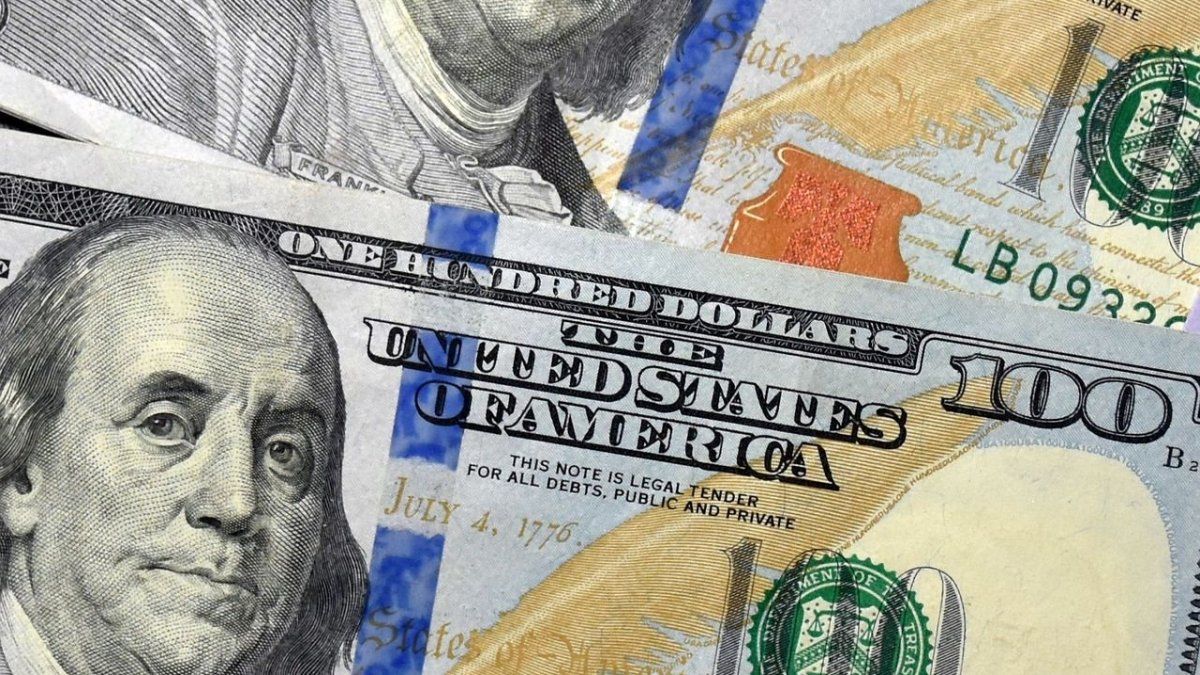Minus in the second quarter
German economy shrunk more than expected
Copy the current link
Add to the memorial list
The German economy weakened in spring – differently calculated. The reason is the customs conflict with the USA. But there is also good news.
The German economy has shrunk more in the spring of the customs conflict than initially calculated. The gross domestic product (GDP) decreased by 0.3 percent compared to the first quarter, as the Federal Statistical Office reports on the latest data. Initially, the Wiesbaden authority had calculated a decrease of 0.1 percent for the period to April to June 2025.
While both private and state consumption increased, investments in buildings, machines and vehicles decreased significantly. There was also positive impulses from foreign trade. The United States’ erratic trade policy brakes the export -oriented German industry.
State deficit dropped
Meanwhile, the cash situation of the German state has improved: In the first six months of this year, the tax authorities spent 28.9 billion euros more than it took after preliminary data from the Federal Office.
Because social contributions and tax revenues grew faster than government spending, the state deficit was significantly 19.4 billion lower than a year earlier. In relation to the entire economic output, the deficit of the federal government, the states, communities and social insurance was 1.3 percent in the first half of 2025.
German economy in the Zollsturm
According to the latest calculations by the Federal Office, there had been a mini growth of 0.3 percent-because business was preferred for fear of the at that time of the customs threats of US President Donald Trump.
Most imports from the European Union to the USA have been in volunteers of 15 percent since August 7. Since the United States are a very important market for goods “Made in Germany”, this is not without consequences: Many companies had to take sales in the second quarter, especially in the USA, but also with China.
Federal government under pressure
The federal government wants to boost the economy with “growth booster” and “building turbo”. But after the first 100 days of the coalition of the CDU/CSU and SPD led by Federal Chancellor Friedrich Merz (CDU), many are sobered. “Germany must finally do its homework, tackle profound reforms,” warned Veronika Grimm, for example.
Mini growth possible in the year 2025
Economists assume that the state billions for defense and infrastructure will get the economy going, but this will probably not be reflected in the numbers until 2026.
The higher US tariffs make it difficult for business in the important US market-for example for automobile manufacturers and mechanical engineering. This brakes the growth of Europe’s largest economy. According to two years of recession, leading economic research institutes expect around 0.3 percent in their latest forecasts for 2025 with mini growth of the German economy.
Years revised
In the years 2023 and 2024, the German economic output after revised calculations by the Federal Statistical Office had shrunk even more clearly than initially determined: for 2023 there is now a minus of 0.9 (previously: minus 0.3) percent in statistics, in 2024 the gross domestic product decreased by 0.5 (0.2) percent.
According to current calculations by the Federal Office, the state deficit had risen to a good 115.6 billion euros last year. According to the recent figures, the minus was 2.7 percent after 2.5 percent in 2023.
The European stability and growth pact allows the EU states to have a budget deficit of a maximum of three percent and a total debt of a maximum of 60 percent of the nominal gross domestic product. In Germany, the gross bloses amounted to 62.5 percent of GDP in 2024.
Dpa
LW
Source: Stern




